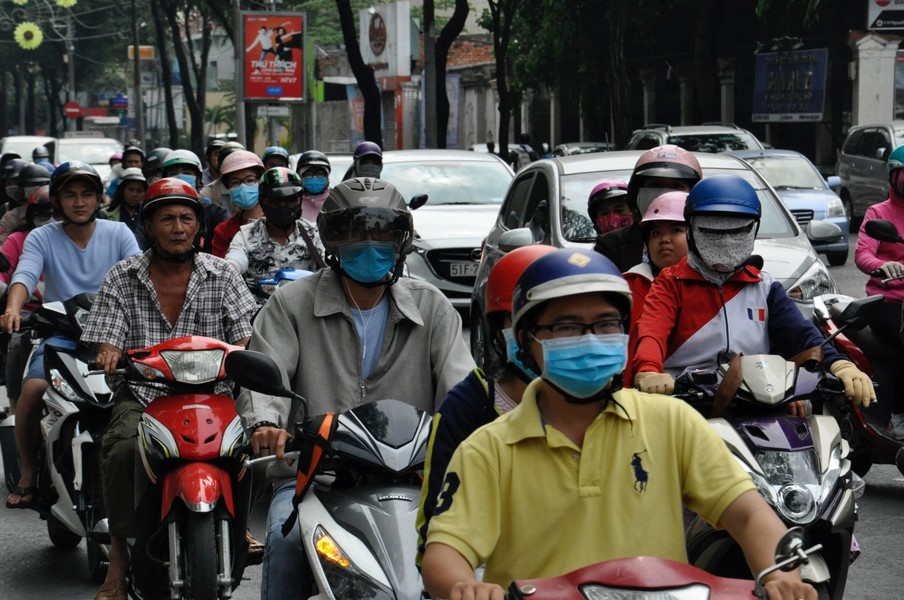Some people believe that social media is the main cause of widespread fake news, but as many scientific studies and articles have shown, the psychology of users of social networking platforms can be part of the problem too.
Specifically, the cognitive bias that users possess, whether they realise it or not, which generally stems from their tribal mentality – the need to find and connect with people who share the same interests, habits or beliefs.
This can be further described in two psychological concepts, as noted by Adam Waytz, social psychologist and associate professor at Northwestern University’s Kellogg School of Management: “motivated reasoning” and “naive realism”.
Motivated reasoning refers to the biased way of accessing, constructing and evaluating arguments to produce justifications or decisions that confirm one’s personal beliefs rather than reflect the accuracy of evidence.
Naive realism is the tendency to believe that one’s point-of-view of reality is the only precise, unbiased one, and that one will consider those whose perspectives contradict his/hers as biased, ignorant or unreasonable.
Having these mindsets can prevent people from having a civil discourse with those who do not share the same opinions, and put them in danger of falling for misinformation and disinformation, for they will discredit opposing views constantly and eventually unable to change their views.
These are further compounded by social consensus to a preferred perspective, because unless someone speaks up to rationalise an information objectively, becoming part of a social group that believe in what is actually false can lead to further polarisation, subsequently amplifying the spread of fake news.

Even if people are told that the misinformation is not true, not everyone will reject it immediately, especially when the incorrect information is repeated to them to the point where they become familiar with it and thus accepting it as the truth.
This could be due to their inability to think critically or lack of knowledge that is required to determine whether the information they receive is right or not.
“We have found (in several studies) that people low in analytic ability, people with less relevant knowledge and people who score low on the personality factors conscientiousness and open-mindedness are most susceptible to fake news,” said Dustin P. Calvillo, a psychology professor at California State University San Macros.
This is particularly applicable to falsehoods that are in line with prior beliefs, more so when they are negative – and people who believe in this kind of information tend to experience strong emotions out of them.
“If they feel negatively about a person, group or policy issue, they will be more likely to spread fake news that highlights negative aspects of that topic,” Calvillo added.
As such, research on the psychology of fake news to social media consumers, together with the promotion of media literacy, is a continuous and crucial effort in tackling misinformation and disinformation, for they can pose a danger to a democratic society.
The more people are vulnerable to falsehoods, the more likely they will be influenced by fake news that is communicated through propaganda, disabling them to think and act in their own self-interest.
“If people start to believe false information, then they start to doubt accurate information that is accurate,” explained Chrysalis L. Wright, PhD, associate lecturer at the University of Central Florida.
“So, they start to just dispute scientific evidence… they start to fully believe in this misinformation they start to kind of fall into numerous conspiracy theories and those types of things. “And depending on the type of content that’s in the fake news or misinformation that they’re consuming, it can impact their attitudes,” she pointed out






